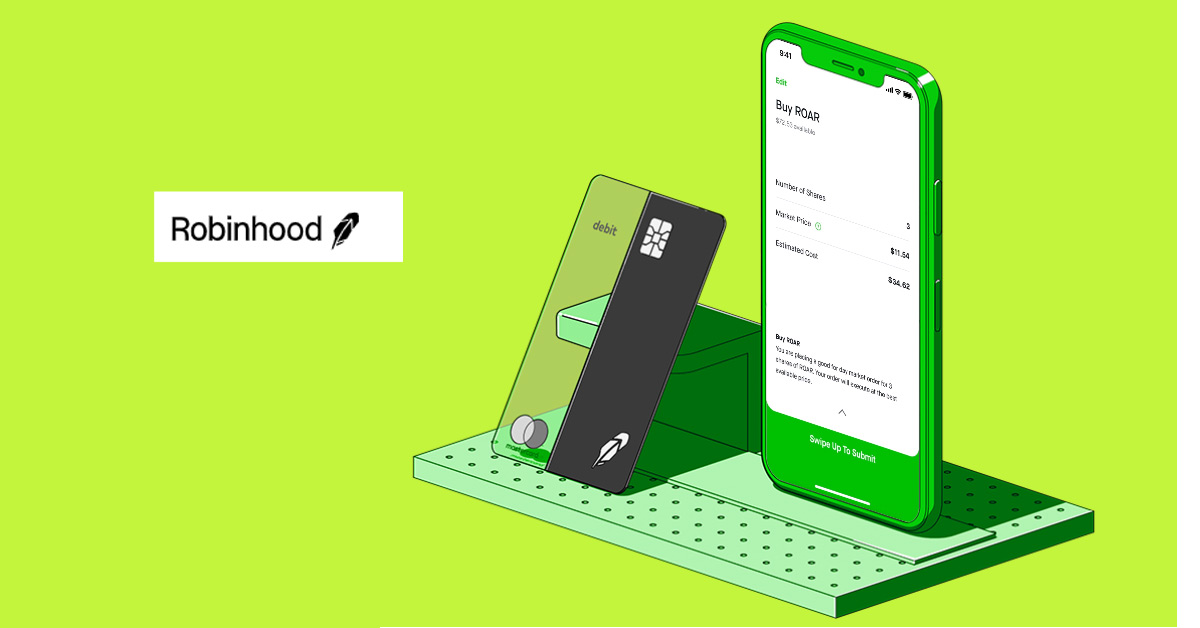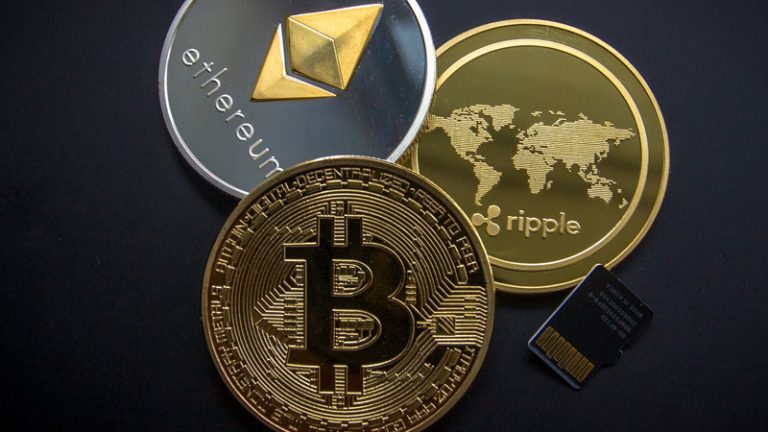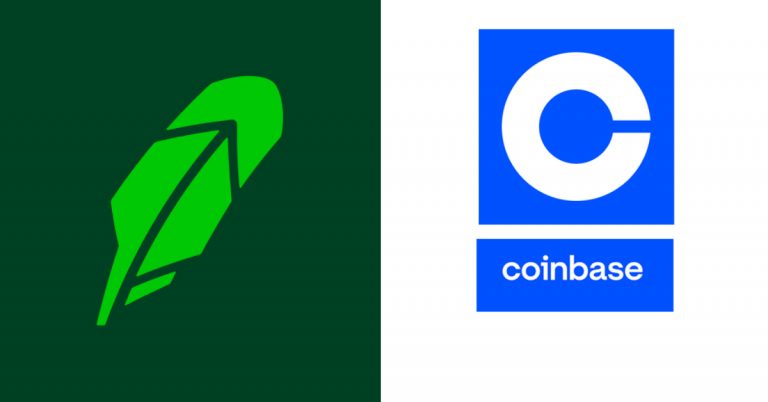How to Sell a Call Option on Robinhood? [Step by Step Guide]

Traders can buy and sell a call option on Robinhood as one of the ways to grow their portfolios. But for them to do that, they must identify appropriate strategies that could guarantee consistent results. It means that they must filter strategies and choose one that can help them achieve their set goals. So, exactly how to sell a call option on Robinhood?
You can sell a call option on Robinhood by merely logging into the platform and clicking on the contracts. You will then need to tap on trade and click on sale. Thereafter, enter the number of contracts you intend to sell, choose an appropriate contract, insert your selected limit price, and submit.
If you are new to the platform, the process may sound complicated than it actually is. In fact, the process is easier than selling stocks. But to understand how it works, there are some details you will need to acclimatize yourself to. Also, there are plenty of terms you may need to master.
How to Sell a Call Option on Robinhood?
Selling a call option on Robinhood is a flexible step-by-step process that can help the trader reduce the risk of loss when the portfolio’s value is on a bearish trend. Similarly, they may consider selling the call option when they want to monetize the stock after a price rise. Selling a call option on Robinhood entails the following steps:
Step 1
Open the Robinhood platform and identify the option contracts that you intend to sell. It could be an option that is just about to expire or the one you no longer want to hold. Also, you may decide to sell more than one contract at a time. In which case, you must single out the contracts you want to sell.
Step 2
Once you identify the contracts you want to sell, you will need to tap on the trade icon and enter the number of contracts you intend to sell. Here, it may be necessary to put the limit price you want to sell your contract at.
Step 3
At this point, you are ready to execute the sale. But before that, tap on the preview button to view the summary of the activities in steps 1 and 2. You can then swipe the page and press submit to complete the process.
As mentioned, selling a call option on Robinhood is simple and could help you hedge the risk of losses. Notice that trading options are risky compared to investing in stocks since the losses could occur faster to make you lose your investment. So before anyone can trade options, they may need to get approval from Robinhood.
It may also entail complex strategies that could increase the risks. Therefore an astute investor, it is prudent that you consider investment objectives and the risks involved before making a move.
How Long Does It Take to Sell a Call Option on Robinhood?
When the buying power dwindles, it makes it difficult for you to exercise your options. The most sensible thing you may want to do in such a scenario is to sell a contract on Robinhood an hour before it expires.
How long you will take to sell the call option may vary depending on the orders. The buy limit order may be executed at a lower price or the set limit price. In such a case, it may take a little bit longer to sell your call option. Also, how quickly Robinhood executes such an order is an important factor determining the duration it takes to sell the order. Also, the time you will take trying to sell the order also matters.
Notice that there are always delays on certain days, so executing the orders may be slow. This is a common phenomenon to traders who try to sell a call option on Monday morning.
The call option allows you to buy specific shares at a predetermined price. If the price rises before the expiration date, you may call the option and lock in a lower price. It results in again. However, there are a few steps that you may need to follow if you decide to sell a call option before the date of expiration. Some of such steps include:
- Understanding some of the concepts in selling the call option like strike prices, the expiration date, premium price, put option, in and out of money.
- The need to review investment plans to help you choose options that meets your financial needs.
- Studying the underlying asset to enable you to decide whether to exercise or sell before the expiry date.
- Understand the value of the sale and the profit that you are likely to make
- The level of gain you are likely to make may mean that you either decide to allow the investment to expire or exercise your option.
Can You Sell a Call Option Before the Expiration Date?
Yes, it is possible to sell a call option before it expires. The reasoning is that it is a derived instrument whose price is pegged on an underlying stock’s price. So the buyer is free to dispose of the options contract to any other person before the deal reaches the expiry date. They may be able to sell a call option at the current market price.
Can You Sell a Call Option Before it Hits the Strike Price?
Absolutely! It is possible to sell a call option before it actually hits the strike price. In fact, you can sell a call option a few seconds after acquiring it. The only problem is that you must be prepared to lose the premiums you have already paid for if you will be selling it before it crosses the strike price.
Selling the options before hitting the striking price is a common practice among deep-pocket traders. One of the reasons for this is that their losses are limited to the total premium value. In some instances, the premium value may suffer towards the expiry due to volatility decays.
However, there is some relationship between the current price of the asset and the strike price, which you may need to consider. The relationship helps to determine the contract’s value, especially as the contract moves towards its expiration. Typically, the contract will be at the money when the stock price approaches the strike price.
Also, the money option occurs when the strike price is equal to the stock price. So when the strike price is attained, the intrinsic value will be equivalent to the difference between the contract and the stock price.
Why Sell a Call Option on Robinhood?
One of the reasons why one may consider selling a call option is when they think that such options may become valueless upon the expiry date. If they become valueless, the profits they make could be reduced significantly. In some cases, it may result in hefty losses. Thus, the call option may be sold in two ways:
Covered Call Option
The option is said to be covered if the seller owns the underlying stock. So when they sell such stock, there is an additional income they make that will always offset the decline in stock prices. In such a scenario, the seller may avail the buyer of the shares they bought at a lower price. In such a case, the profit the seller makes will be pegged on the rise in the prices of the stock
Naked Call Option
It is when one sells a call option even where they do not own the underlying stock. It is a risky venture since the stock price is free to swing in either direction. The possible losses do not protect the call option seller since they do not own the underlying stock. The call option buyer leaves the naked seller with only one alternative; buying the stock at the prevailing market price.
They then avail the shares to any of the option holders. But where the stock price is more than the strike price, the difference between the strike and the current price will represent the loss the seller is likely to make. In fact, it is the reason why call option sellers will always charge a fee. It helps to compensate for losses that are likely to occur.
The Bottom Line
A call option refers to the right a trader has to buy an underlying asset at a predetermined price. But this is only possible within a certain time frame referred to as a fixed expiry date. Therefore, the call option buyer is a trader who has a right to buy the stocks at the strike price as long as the date indicated in the contract has not expired.
However, it is vital to note that they are not under any obligation to do so. If they buy the option, they can sell the call option on Robinhood either at a profit or when the shares are becoming worthless.






